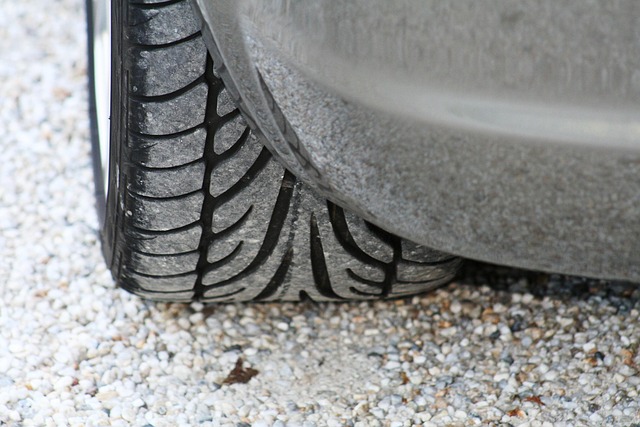Find the Perfect Tires Without Overspending
Choosing the right tires doesn't have to drain your wallet or leave you overwhelmed by countless options. With proper research and strategic shopping, you can secure quality tires that match your vehicle's needs and your budget. Understanding tire specifications, comparing prices across different platforms, and timing your purchase correctly can lead to significant savings while ensuring safety and performance on the road.

Buy Tires Online: Convenience Meets Competitive Pricing
Purchasing tires through online retailers has revolutionized how drivers shop for replacements. Digital platforms offer extensive inventories, detailed product specifications, and customer reviews that help inform purchasing decisions. Online tire retailers typically provide lower overhead costs compared to traditional brick-and-mortar stores, often translating to better prices for consumers.
Most reputable online tire dealers offer installation services through partnerships with local shops or mobile installation teams. This convenience factor eliminates the hassle of transporting tires while maintaining professional installation standards. Additionally, online platforms frequently feature seasonal sales, bulk discounts, and manufacturer rebates that can substantially reduce overall costs.
Tire Comparison: Evaluating Performance and Value
Effective tire comparison involves analyzing multiple factors beyond initial purchase price. Tread life ratings, fuel efficiency improvements, and seasonal performance characteristics all contribute to long-term value. Premium tires may cost more upfront but often provide better mileage warranties and enhanced safety features.
When comparing options, consider your driving habits, local climate conditions, and vehicle specifications. All-season tires work well for moderate climates, while specialized winter or summer tires excel in extreme conditions. Performance ratings for wet traction, noise levels, and rolling resistance help narrow choices based on personal priorities.
Tire Buying Guide: Essential Factors for Smart Purchases
Successful tire shopping begins with understanding your vehicle’s requirements. Check your owner’s manual or existing tire sidewalls for size specifications, load ratings, and speed ratings. These technical details ensure compatibility and safety compliance.
Timing purchases strategically can yield significant savings. Many retailers offer substantial discounts during spring and fall seasons when drivers typically switch between winter and summer tires. End-of-model-year clearances and holiday sales also present opportunities for reduced pricing on quality products.
| Retailer | Tire Type | Price Range | Installation Options |
|---|---|---|---|
| Discount Tire | All-Season | $80-$300 | In-store, Mobile |
| Tire Rack | Performance | $100-$400 | Ship to installer |
| Costco | Standard | $70-$250 | In-store only |
| Amazon | Various | $60-$350 | Third-party shops |
| Walmart | Budget | $50-$200 | In-store |
Prices, rates, or cost estimates mentioned in this article are based on the latest available information but may change over time. Independent research is advised before making financial decisions.
Understanding Tire Specifications and Safety Ratings
Tire sidewall markings contain crucial information about size, construction, and performance capabilities. The alphanumeric code indicates width, aspect ratio, construction type, wheel diameter, load index, and speed rating. Understanding these specifications prevents purchasing incompatible tires that could compromise vehicle safety or performance.
Safety ratings from organizations like the National Highway Traffic Safety Administration provide standardized performance metrics. These ratings evaluate wet and dry braking distances, handling characteristics, and resistance to hydroplaning. Higher-rated tires often justify premium pricing through superior safety performance.
Maximizing Tire Longevity and Performance
Proper maintenance significantly extends tire lifespan and maintains optimal performance. Regular pressure checks, rotation schedules, and alignment inspections prevent premature wear patterns. Maintaining correct inflation pressure improves fuel efficiency and prevents irregular tread wear that shortens tire life.
Driving habits also impact tire longevity. Aggressive acceleration, hard braking, and high-speed cornering accelerate tread wear. Smooth driving techniques and avoiding road hazards like potholes and debris help maximize tire investment returns.
Quality tires represent a crucial safety investment that affects vehicle handling, braking performance, and fuel efficiency. By researching options thoroughly, comparing prices across multiple retailers, and understanding your specific needs, you can make informed decisions that balance cost considerations with safety requirements. Whether shopping online or visiting local dealers, taking time to evaluate all factors ensures you’ll find tires that provide reliable performance without exceeding your budget.




